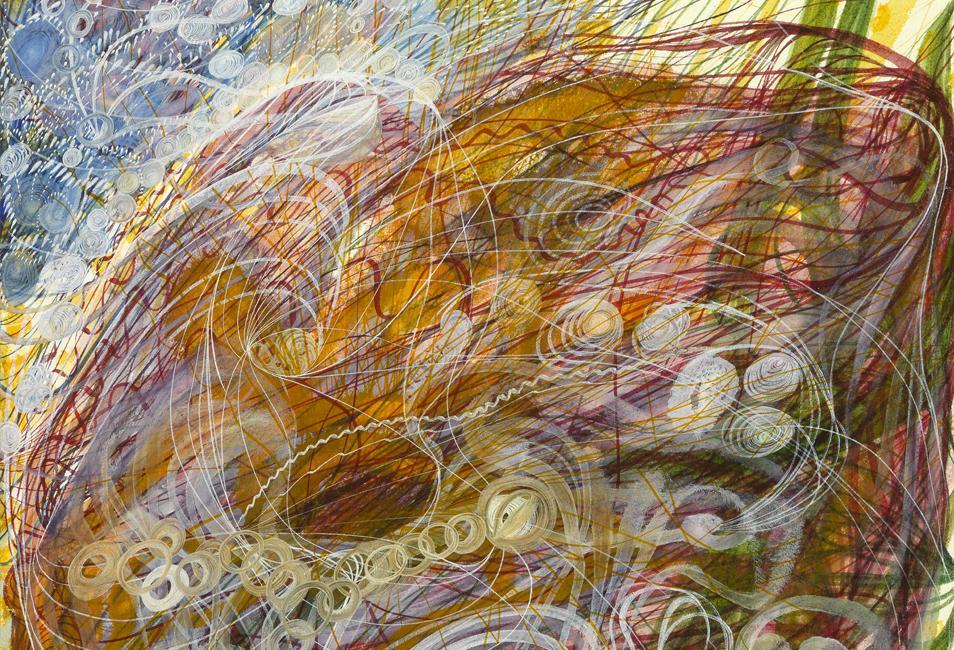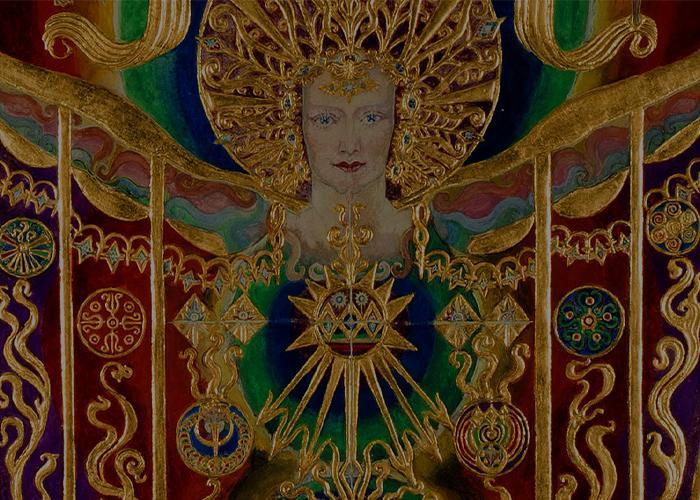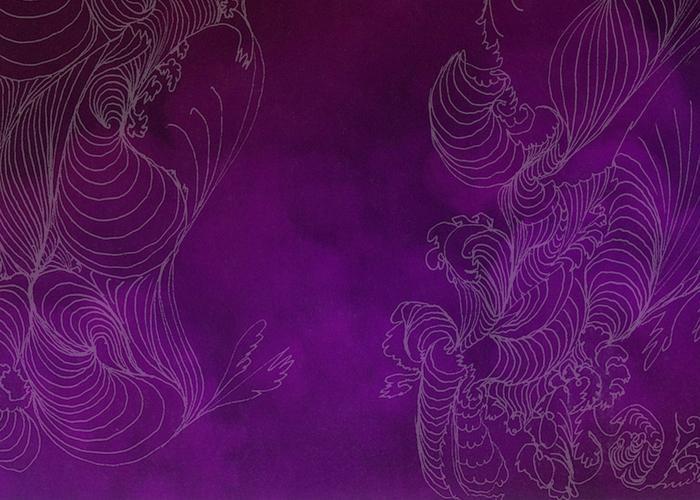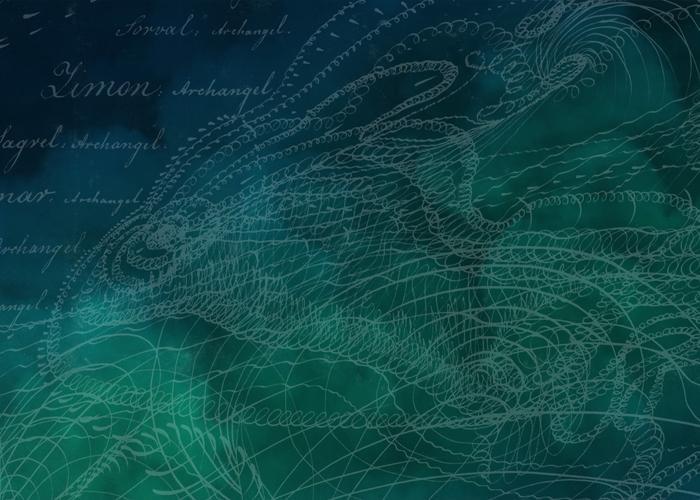One of the most influential women in the history of the church, Hildegard of Bingen – or St. Hildegard as she is now known – was a prophetic visionary, composer, and extraordinary spiritual teacher. Some would call her a witch (thank you, Netflix's Chilling Adventures of Sabrina), others think of her as a pioneering medieval feminist, while for many, she is the quintessential New Age guru. One thing is widely agreed - Hildegard of Bingen was an extraordinary trailblazer whose teachings are as relevant now as in the 12th-century when she composed them.
Hildegard's visions
Born to a noble family in Germany in 1098, Hildegard became a Benedictine nun when she was eight (some reports say 15). Life in the cloister was extraordinarily challenging for the women. According to the abbess at the time, they were completely isolated from the outside world, fed one meal a day, and bound by a strict regime of prayers throughout the day and night.
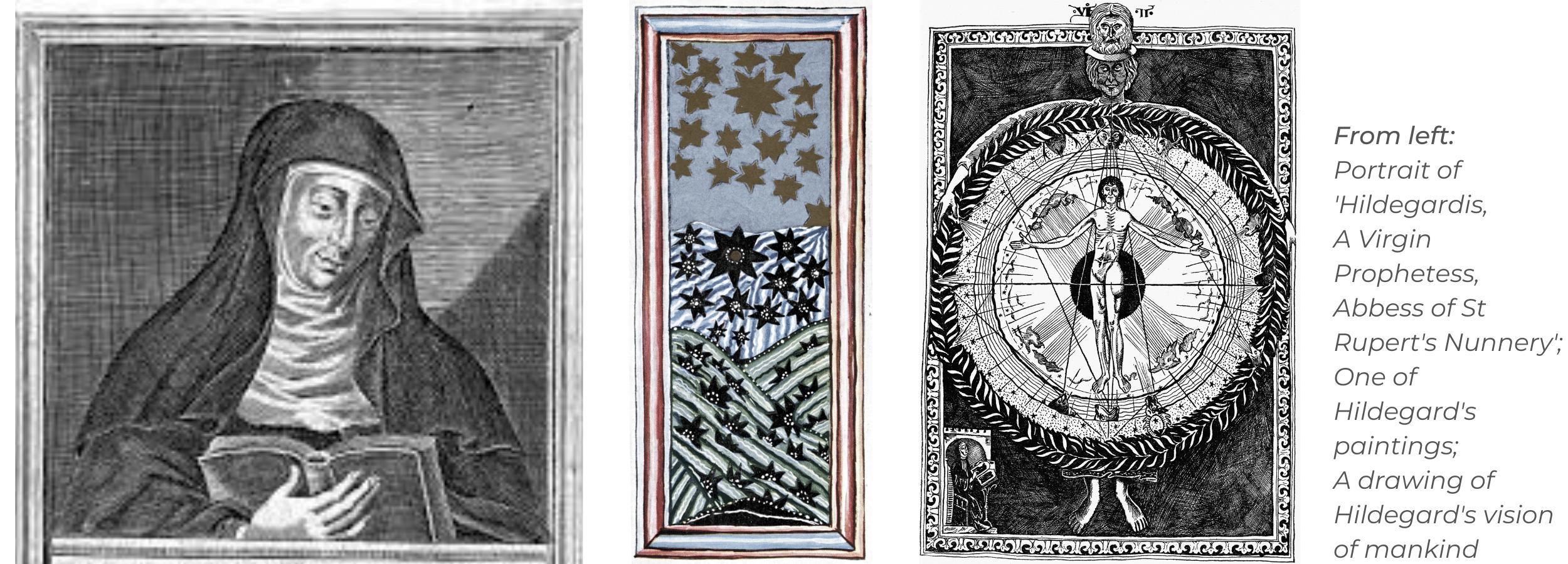
During these years, unbeknownst to her fellow nuns, Hildegard was having visions. She described the experience as: 'Heaven was opened and a fiery light of exceeding brilliance came and permeated my whole brain and inflamed my whole heart and my whole breast.' The young nun kept these visions secret from her community. However, aged 42, she was divinely guided to share them with the world. Heeding the call, she set about writing them down.
Scivias - Know the Way
Hildegard transcribed 26 of these prophetic visions in a beautifully illuminated manuscript, which she entitled Scivias – Latin for 'Know the Way'. Poetically written over a period of 10 years, they were themed around the relationship between God and humanity, in which we are all 'sparks' of God's love, emanating from the divine as light from the sun. She described the perfect harmony in God's creation, a harmony that included the equality of both women and men.
The Pope's blessing
Scivias was given the Pope's blessing, who agreed that Hildegard of Bingen's visions had indeed come from God. This marked the start of Hildegard's impressive career as a teacher, writer, poet and musical composer. She wrote prolifically. Alongside a constant stream of letters offering advice and consolation to every walk of life from kings to paupers, Hildegard compiled treaties on medicine, natural history, and the biographies of saints. At a time when most women – and indeed many men – were silenced by the inequalities of medieval society, Hildegard spoke up – and loudly.
Saint Hildegard, at last
Despite being one of the most influential women in the history of the church, St Hildegard of Bingen has only relatively recently been given the recognition she deserves. She was finally canonised in 2012, 833 years after her death. Her legacy? A rich seam of poetry, music and philosophical teachings that offer much to the contemporary spiritual seeker. She is known as the patron saint of writers and musicians… and perhaps we can also think of her as the patron saint of 'late starters' as she was in her forties by the time she initiated her creative career!
Join our newsletter to receive updates on our talks, courses and events, as well as regular articles like this one.


